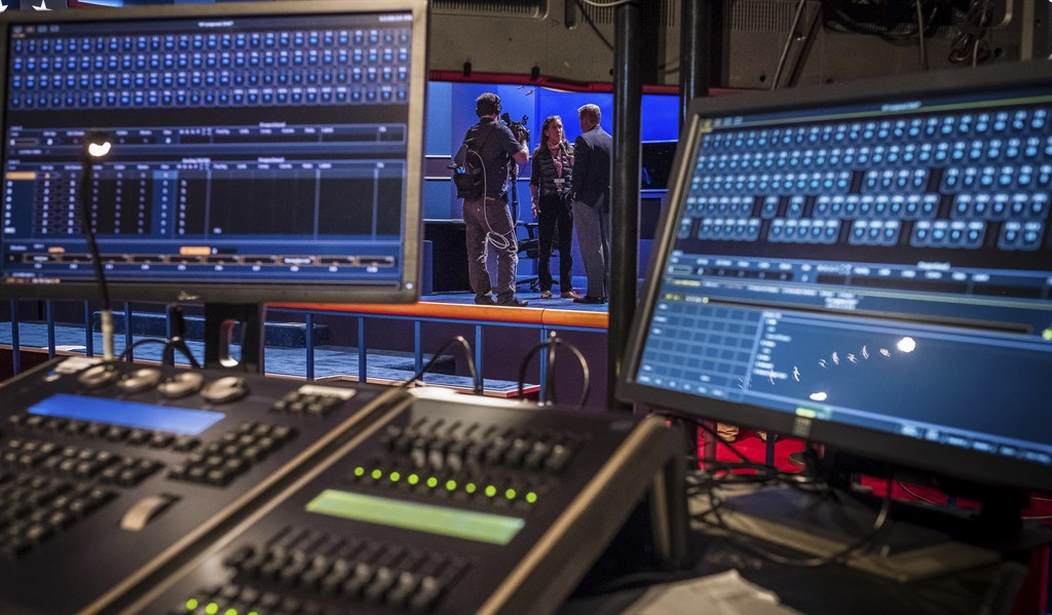You just want to watch movies and TV shows where and when you want to, so you probably think a column about utility taxes has nothing to do with how you get your entertainment. Wrong. The city of Alameda, California, has put a measure, Measure K1, before its voters that would allow Alameda to tax pay-per-view and video streaming services like Netflix and Hulu as if they were public utilities. Watsonville has a similar measure. Other California municipalities have passed similar language. They haven't begun to levy utility taxes on these platforms, but figure as soon as one city decides to levy this tax, there will be a stampede across California.
Some background for those of you not steeped in the philosophy behind utility taxes. Residents pay them because governments spend money or issue special permits for infrastructure -- they lay pipes for water, lay cable or wires for electricity, telephones and cable TV. Utility taxes pay for the services homeowners use -- and often contribute extra revenue to city coffers.
Alas for government bureaucrats, technology and modern attitudes have put a dent in utility revenue. Energy conscious consumers are committed to conserving energy, and hence they use less electricity. California's drought has homeowners using less water than they used to.
A growing number of households rely on cellphones only and don't bother with landlines. Alameda, City Manager Jill Keimach told me, has seen its phone utility tax revenue decline annually -- losing about $250,000 a year -- since its high point in 2008. Alameda has been charging cellphone users a utility tax, Keimach tells me, but different companies have paid different amounts. Measure K1 establishes that cellphone users would pay the standard 7.5 percent utility tax.
Cellphone companies could have fought cities' taxing them as utilities, but they didn't. Figure they needed elected officials to win approval for cellphone tower placement.
Recommended
Next problem: Younger households also are saying no to cable, so it should come as no surprise that cities are looking for ways to make up for lost cable revenue. So they're going after "emerging technologies." Unlike the cellphone companies, however, the tech companies are fighting back.
Michael Petricone of the Consumer Technology Association calls Measure K1 "an absurd expansion of the definition of utility." Think of "the precedent this sets," he noted, if cities can tax services that don't utilize public easements or infrastructure as utilities.
Unless you are watching streamed shows on cable TV (in which case you're paying a cable tax), there are no cables or wires involved in watching streamed videos. Robert Callahan, California executive director of the Internet Association, calls Hulu and other platforms "apps" -- because many people watch shows on their phones and their iPads or other tablets.
Keimach and Assistant City Attorney Alan Cohen assured me that if voters pass Measure K1, the city won't start taxing streaming services without a vote of the City Council. The law allows it, Cohen told me, "but we would definitely get the elected council's approval first." And: "Alameda is not going to be out in front on this issue."
The Internet Association tells me an estimated 40 California cities have adopted measures with similar language -- without levying the new tax. As I write this, however, Pasadena is floating the idea. And once one city taps into streaming video, others surely will follow.
Mayor Trish Spencer -- the one lone vote against the tax (mostly for reasons that have to do with employee compensation) -- countered, "Whatever our staff is telling you, that's not legally enforceable." She warned that no voter should approve Measure K1 who is not prepared to authorize this new tax.
Pay-per-view, Netflix and Hulu don't need city councils to find their way on your TV set, tablet or phone. Many consumers watch videos through cable or their phones -- so they already pay the utility tax. Many consumers use a number of apps -- they'd have to pay a tax for each service. Supporters say Measure K1 would not increase the utility tax rate, but it could rack up the things for which residents are taxed and that could add up.
"We want to draw a line in the sand and say that websites and apps are not utilities," Callahan said. If utility revenues are dropping, and they are, that doesn't mean cities should be able to "just slap" new utilities taxes onto nonutilities. Where would it end?
If cities can suddenly tax applications that allow residents to watch video, what's to stop them from taxing your tunes, too. Music -- iTunes, Amazon Prime -- could be the next frontier. Why not interactive video games? They're not utilities. But the cities need the money, so they'll just pretend they're utilities.

























Join the conversation as a VIP Member